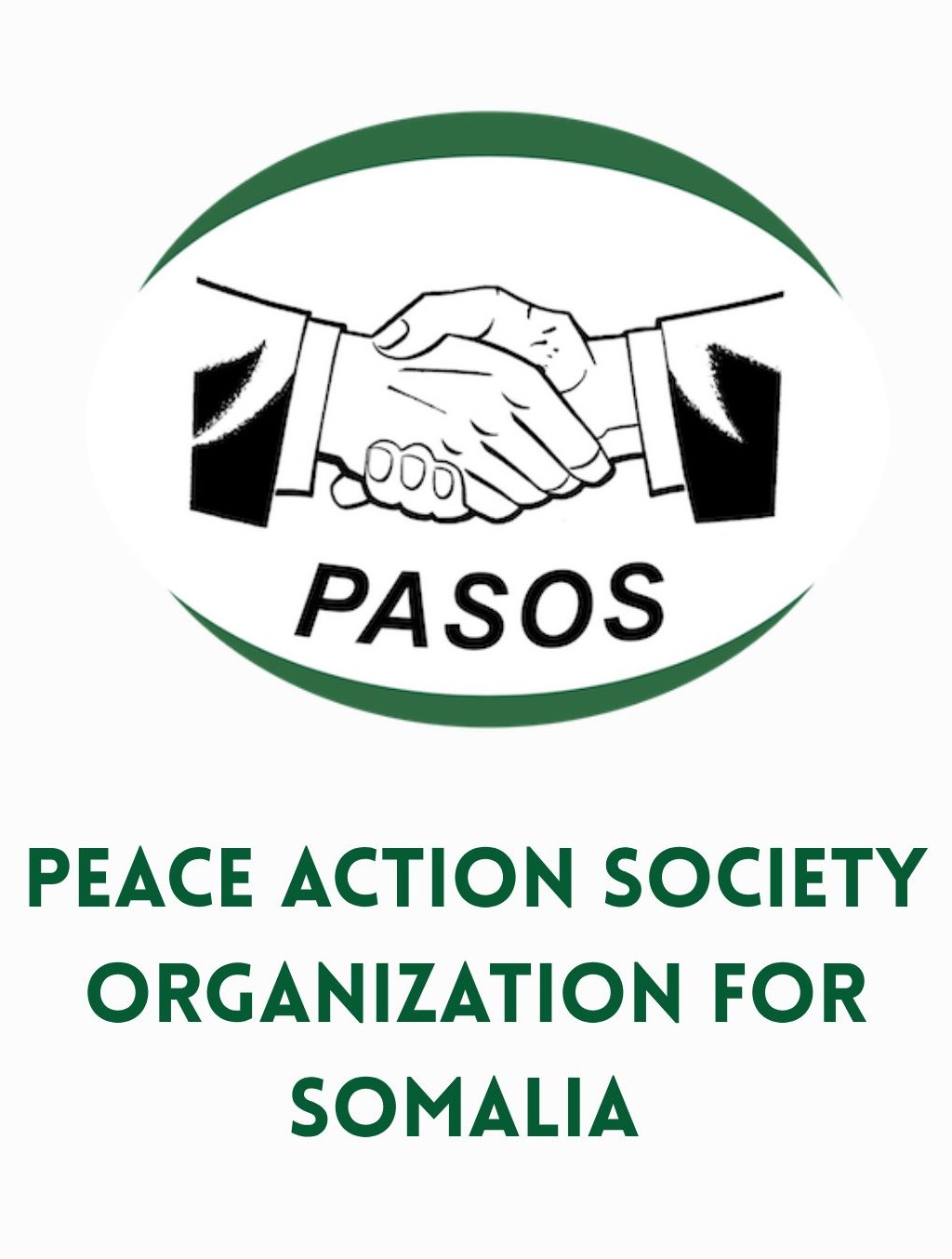Mental Health in Humanitarian Crises: Addressing the Invisible Wounds
Last Updated : February 26, 2025
While physical needs such as food, water, and shelter are often prioritized in humanitarian crises, mental health is equally important yet frequently overlooked. The trauma of displacement, conflict, and natural disasters can leave deep psychological scars, affecting individuals long after the immediate crisis has passed. This blog post explores the importance of mental health in humanitarian settings, the challenges of providing care, and how organizations like PASOS are working to address this critical issue.
While physical needs such as food, water, and shelter are often prioritized in humanitarian crises, mental health is equally important yet frequently overlooked. The trauma of displacement, conflict, and natural disasters can leave deep psychological scars, affecting individuals long after the immediate crisis has passed. This blog post explores the importance of mental health in humanitarian settings, the challenges of providing care, and how organizations like PASOS are working to address this critical issue.
The Impact of Humanitarian Crises on Mental Health
Humanitarian crises can have devastating effects on mental health, leading to conditions such as depression, anxiety, and post-traumatic stress disorder (PTSD). Forced displacement often involves the loss of homes, livelihoods, and loved ones, leaving individuals grappling with grief and uncertainty. Survivors of conflict and violence may experience flashbacks, nightmares, and severe emotional distress.
Displacement can disrupt social networks, leaving individuals feeling isolated and unsupported. Mental health issues are often stigmatized, preventing individuals from seeking help and exacerbating their suffering.
Challenges in Providing Mental Health Care
Providing mental health care in humanitarian settings is fraught with challenges. Many crisis-affected regions lack the infrastructure, funding, and trained professionals needed to deliver mental health services. Cultural beliefs and practices can influence how mental health is perceived and treated, requiring culturally sensitive approaches.
Effective mental health care must be integrated into broader humanitarian responses, requiring coordination among various stakeholders. The complexity of mental health issues, combined with the urgency of other humanitarian needs, often means that mental health is deprioritized.
PASOS’s Mental Health Initiatives
PASOS recognizes the importance of mental health in humanitarian work and has implemented several initiatives to address this issue. The organization provides individual and group counseling to survivors of trauma, helping them process their experiences and build resilience. PASOS also trains community volunteers to provide psychosocial support, creating a network of care within affected communities.
Awareness campaigns are conducted to reduce stigma and promote mental health literacy. PASOS collaborates with mental health professionals and organizations to deliver high-quality care and training.
Innovative Approaches to Mental Health Care
To overcome the challenges of providing mental health care in humanitarian settings, organizations are adopting innovative approaches. Telemedicine platforms enable remote counseling and support, reaching individuals in hard-to-access areas. Art and play therapy provide non-verbal outlets for expression and healing, particularly for children.
Peer support networks create safe spaces for individuals to share their experiences and receive encouragement. Integrating mental health services into primary health care ensures that individuals receive holistic care.
Case Study: PASOS’s Mental Health Program for Displaced Families
In 2024, PASOS launched a mental health program for families displaced by conflict. The program includes counseling sessions to address trauma and improve coping skills. Support groups create safe spaces for individuals to share their experiences and receive peer support. Community workshops educate communities about mental health and reduce stigma.
The program has already reached over 1,000 individuals, many of whom report improved mental well-being and a greater sense of hope. By addressing the invisible wounds of trauma, PASOS is helping individuals rebuild their lives and communities recover from crisis.
How You Can Help
Mental health is a critical component of humanitarian response, and everyone has a role to play in addressing this issue. Supporting organizations like PASOS through donations enables them to provide mental health care in crisis settings. Volunteering to support mental health programs and initiatives can make a significant difference in the lives of survivors. Advocating for policies that promote access to mental health care and raising awareness about the importance of mental health are also crucial steps in creating a more compassionate and equitable world.
Conclusion
Mental health is an essential yet often overlooked aspect of humanitarian response. By addressing the invisible wounds of trauma, we can help individuals rebuild their lives and communities recover from crisis. Organizations like PASOS are leading the way, proving that even in the face of immense challenges, hope and humanity can prevail.


